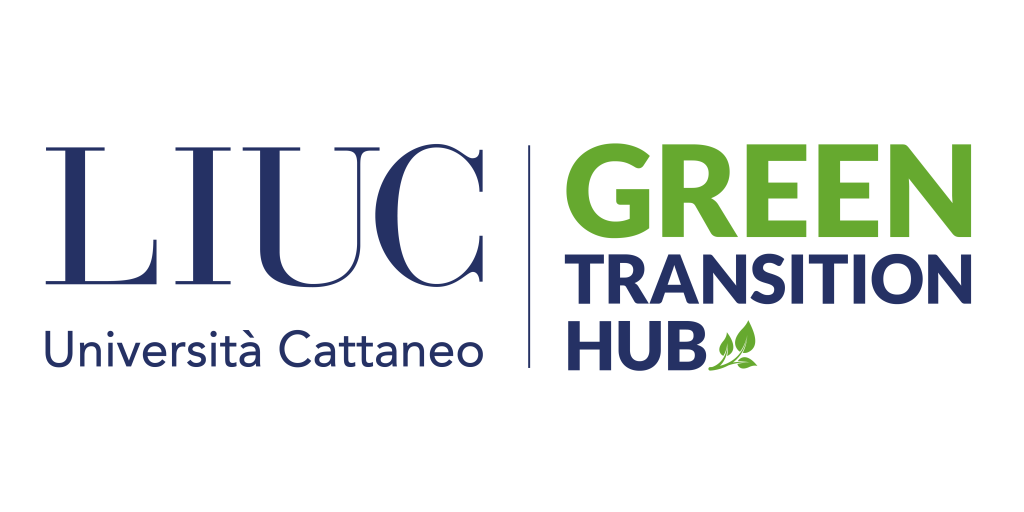Topic
Re-Lab is an innovative lab that blends critical thinking and circular design, offering a unique learning experience for students, researchers, and professionals interested in developing sustainable solutions for the future.
The initiative is open to studenti, undergraduate and graduate students, as well as to managers and entrepreneurs looking to acquire practical tools and cutting-edge methodologies to measure and improve the circularity of their products.
By disassembling real products into their components and analyzing specific circularity KPIs (Key Performance Indicators), participants will develop the skills needed to identify product weaknesses and explore opportunities for improvement and innovation—especially in terms of materials, reparability, and recyclability.
What sets Re-Lab apart is its focus not only on assessment but also on redesign: participants are guided in the creation of circular solutions that optimize products for sustainability. Re-Lab is a space where theory meets practice in a hands-on environment, closely connected to the business world. It represents an opportunity to train the next generation of circular economy professionals by providing them with innovative tools to support companies in their transition toward more sustainable production and consumption models.
Why Join Re-Lab?
- To gain practical expertise in one of the most strategic fields for sustainable innovation: the circular economy.
- To connect with companies and managers committed to circular business models and sustainability transitions.
- To translate theory into action, turning product design principles into tangible, real-world redesign strategies.
- To develop a sustainability-driven mindset, essential for the careers of tomorrow.
Objectives
Re-Lab aims to:
- Create an experiential learning environment that integrates theoretical and technical analysis with hands-on experimentation and design.
- Enable measurement of product circularity through a structured set of indicators, including disassemblability, reparability, material selection, and recyclability.
- Apply practical tools and innovative metrics, offering participants the opportunity to test and apply real-world methods for calculating circularity and proposing product improvements and repositioning strategies.
- Contribute to research and innovation in circularity measurement by developing a replicable framework applicable to other educational or industrial contexts.
- Help identify barriers and enablers for more sustainable product design, mapping both critical issues and areas for potential innovation.
Results
The research results are shared through reports, articles published in international scientific journals, national press, and presented at international conferences and/or seminars organized within the field of sustainable and circular innovation.
Information
Prof. Raffaella Manzini, Coordinator, [email protected]
Prof. Andrea Urbinati, Coordinator, [email protected]
Eng. Fausto Cammarano, Project Manager, [email protected]
Eng. Mario Fontanella Pisa, Collaborator, [email protected]
Eng. Alessio Greco, Collaborator, [email protected]




